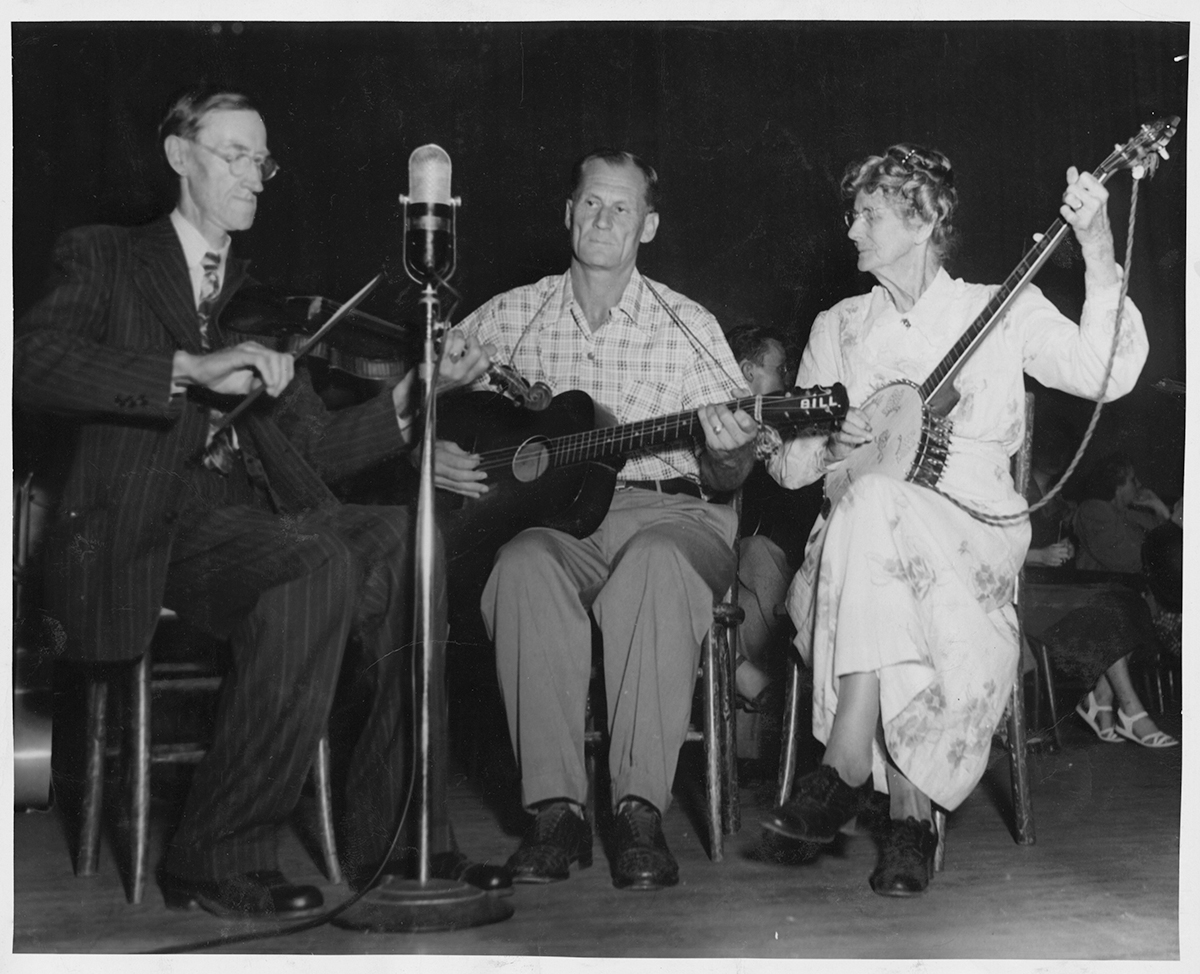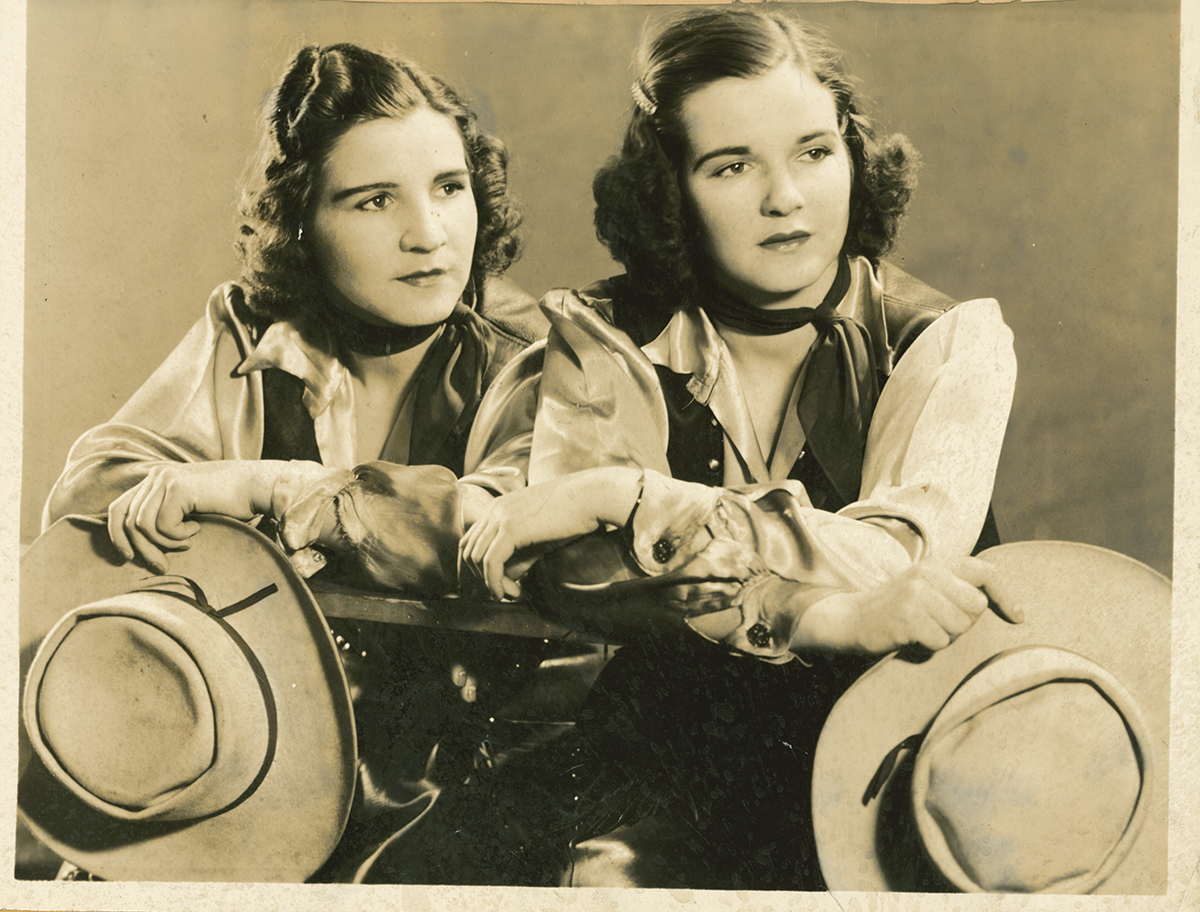Asheville hosts the Society of Appalachian Historians

History lurks in the hollows and forests of Appalachia, and the Society of Appalachian Historians will be uncovering some of that rich past during its annual meeting this spring in Asheville — where history also hides in the visitor-packed downtown streets. “We’re a small organization with a fluctuating attendance of 30 to 60 people at our meeting,” says organizer Steven E. Nash, an Associate Professor of History at East Tennessee State University and president of the Mountain History and Culture Group in Weaverville.
He’s also a well-respected researcher and author of Reconstruction’s Ragged Edge (University of North Carolina Press, 2016), winner of the prestigious Weatherford Award from the Appalachian Studies Association.
The Society of Appalachian Historians developed from an earlier group, the Appalachian History Working Group, which began meeting in 2009 and morphed a year later into SAH; the new organization held its first annual meeting at Western Carolina University. Except for a pandemic-dictated hiatus in 2021, SAH has met every year in locations in Tennessee, North Carolina, Virginia, West Virginia, and Kentucky. “The audience is largely academic historians, many associated with universities, but not exclusively,” Nash explains.

While Appalachia’s role in the Civil War, its labor history (particularly in connection with coal mining), and the region’s industrialization attract general scholarly interest, others who’ve presented papers during past conferences have ventured further afield under those broad categories. Western North Carolina has offered the 1868 conviction and execution of Tom Dula, who had served in the Confederate Army, for the murder of Laura Foster in an apparent lovers’ triangle. Dula was found guilty and executed by hanging in Statesville, but researchers ever since have suspected that Dula’s lover Anne Melton was the actual killer, driven by jealousy of Foster’s pregnancy from an affair with Dula. (Dula – whose name was pronounced “Dooley” by the locals — was the inspiration for the folk ballad “Tom Dooley” popularized by the Kingston Trio in 1958.)
Other events and personalities explored by SAH have included John Sevier — a Revolutionary War figure who led a successful charge against Loyalist forces during the Battle of Kings Mountain on the North Carolina/South Carolina border and who later became Tennessee’s first governor — and the early-20th-century origins of Asheville’s famous Rhododendron Festivals, which morphed into the annual Mountain Dance and Folk Festival.

The event this year will touch on pertinent city and county topics and includes a talk by Katherine Calhoun Cutshall, director of Buncombe County Special Collections, “who will be making a short presentation on the history and current issues surrounding tourism in Asheville and fostering discussion during a cocktail hour on Monday,” says Nash.
Put another way, the past is never past.
“We really do put a premium on collegiality and discussion, which makes this a wonderful forum for young scholars and emerging professionals,” says Nash.
The Twelfth Meeting of the Society of Appalachian Historians happens in Asheville May 21-May 23, and includes a tour of downtown on Sunday, a visit to Buncombe County Special Collections at Pack Memorial Library and a talk with Collections Director Katherine Calhoun Cutshall on Monday, and a tour of the Vance Birthplace Historic Site in Weaverville on Tuesday, hosted by the Mountain History and Culture Group. For more information, see www.etsu.edu/cas/sahconference or e-mail SAH@mail.etsu.edu.
